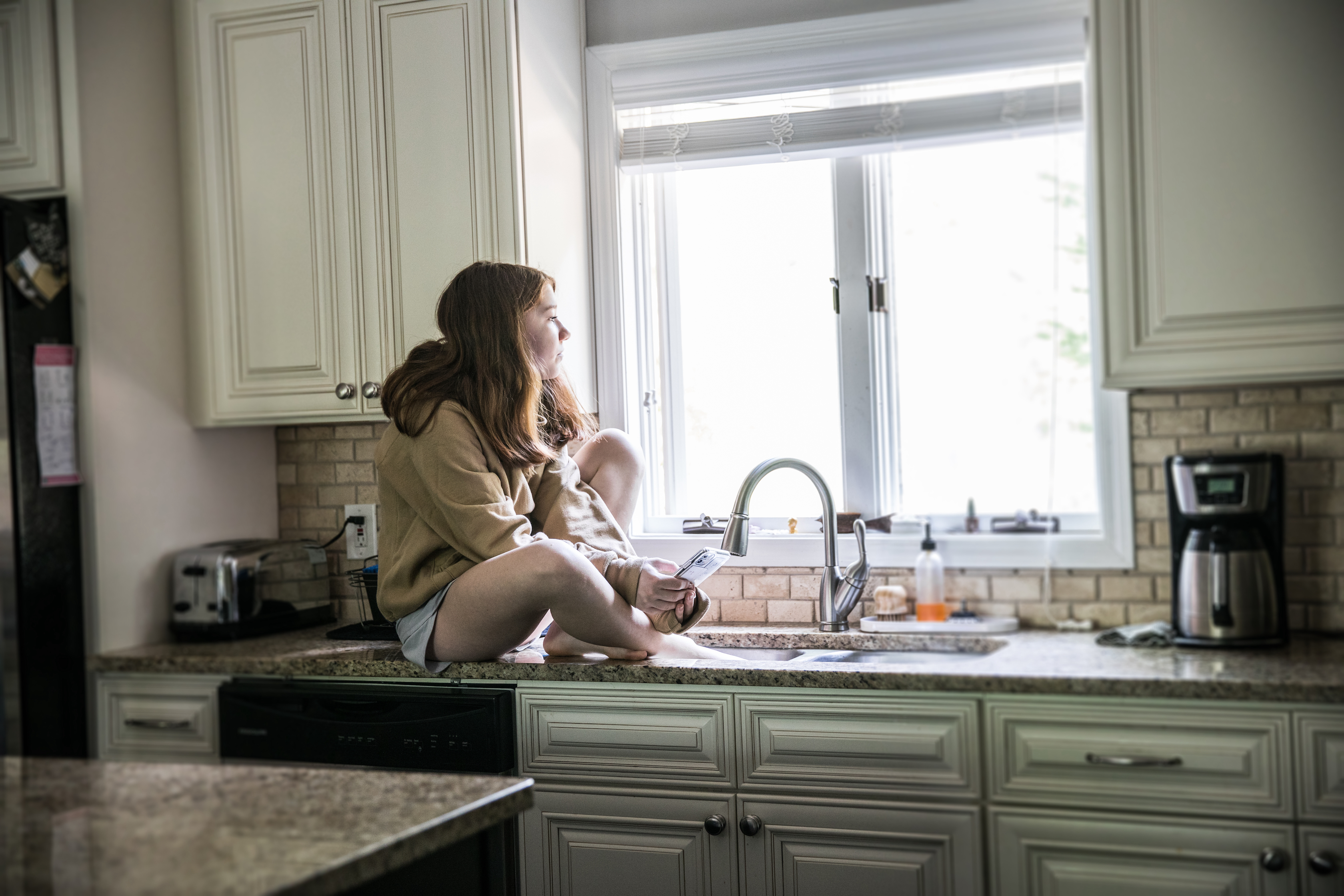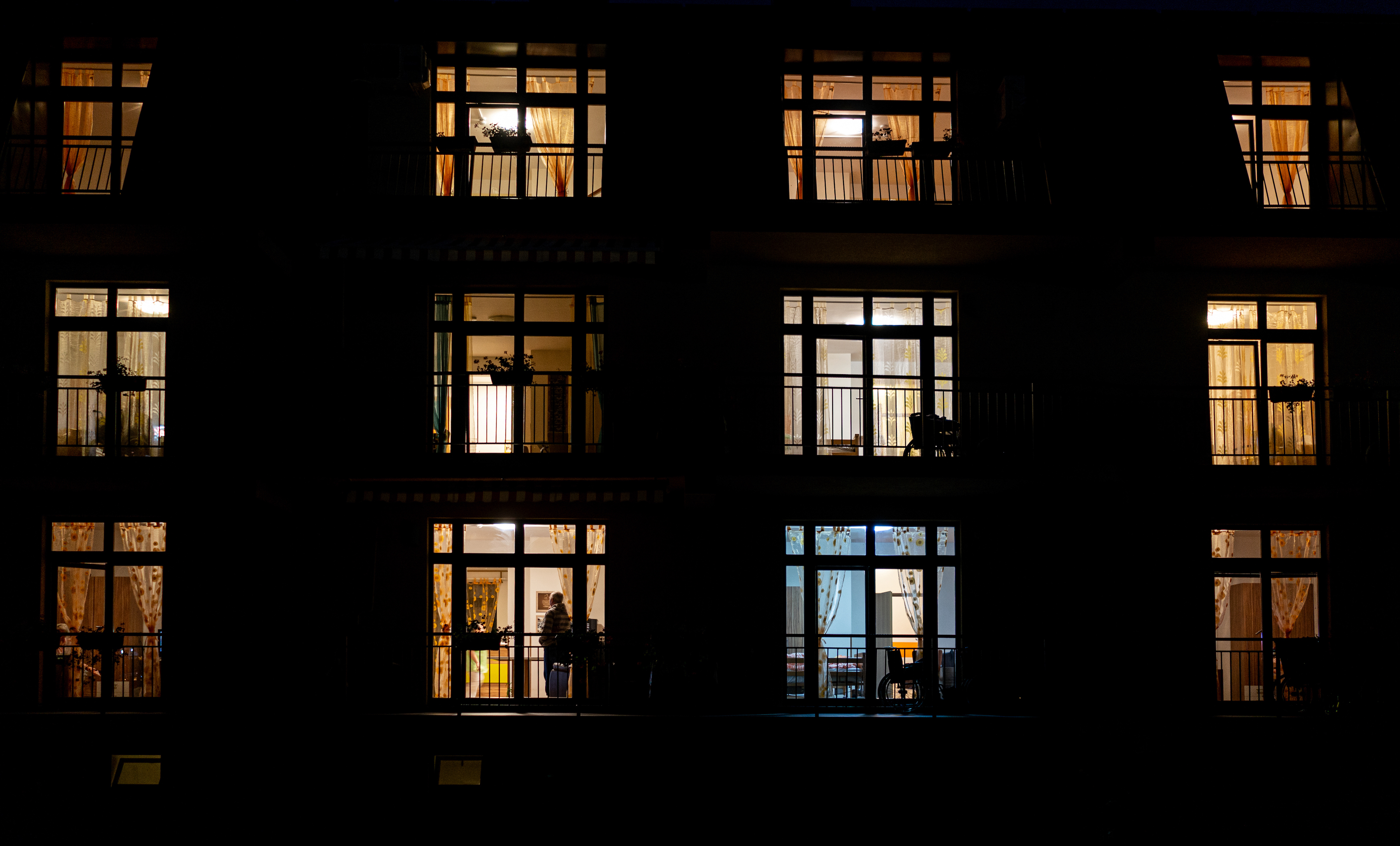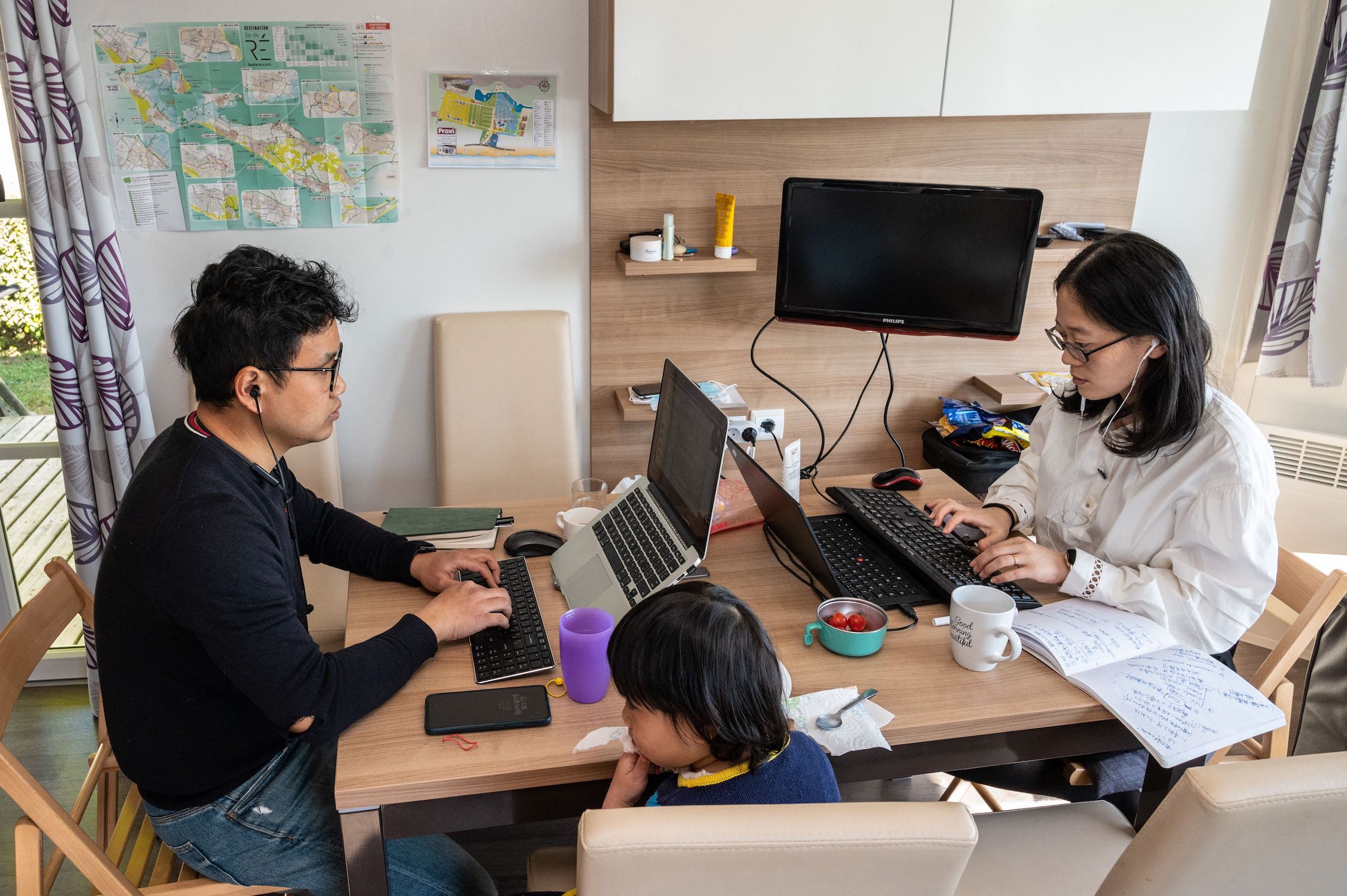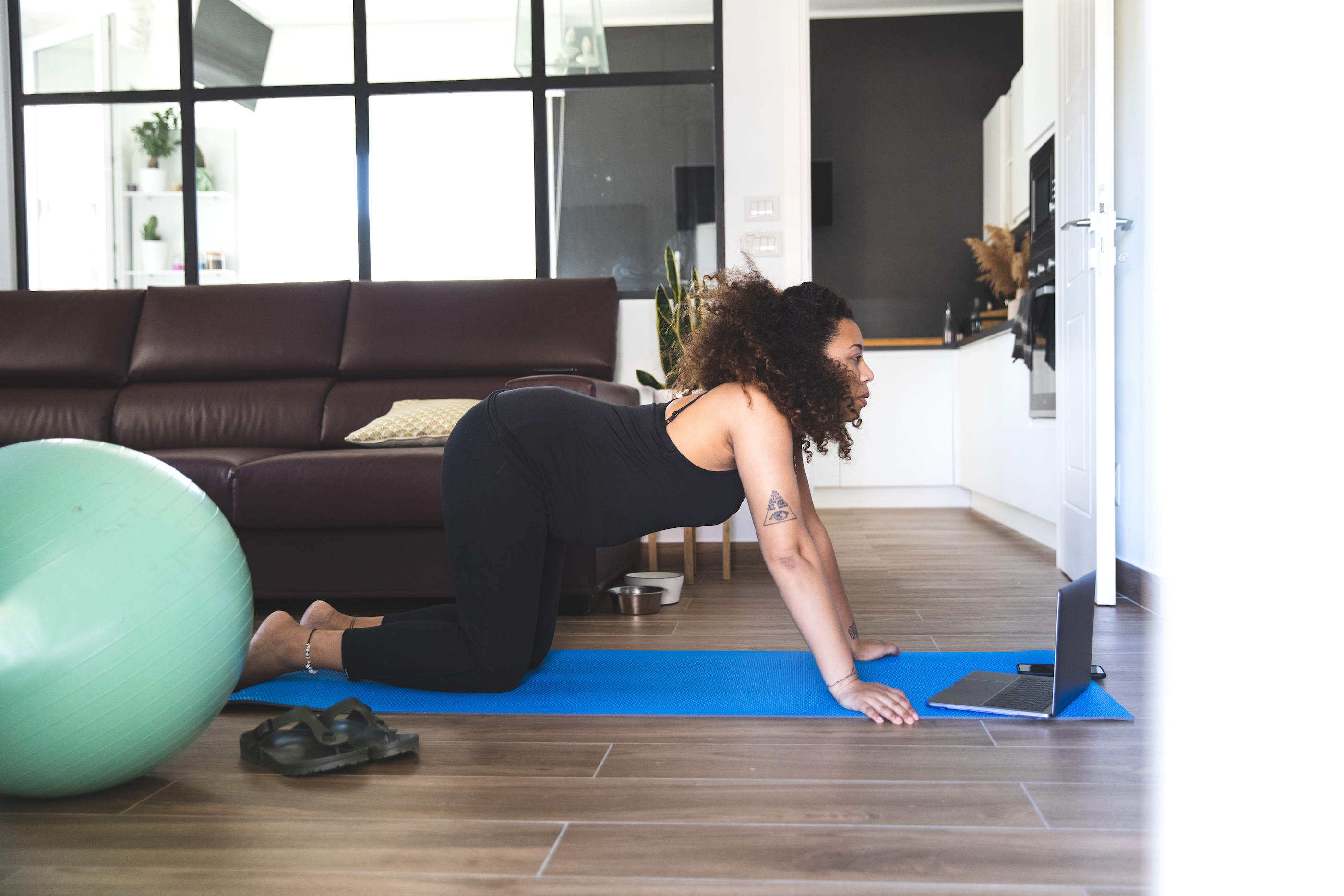
Health & Medicine
Every day, we’re actually seeing into the future

For many of us, our perception of time passing fell apart in COVID-19 lockdown, giving us a sense of time-warp – almost like jetlag
Published 18 June 2021
Since the COVID-19 pandemic exploded in March 2020, has the way time passes felt strange to you?
If so, you’re not alone: a recent survey in the UK revealed that over 80 per cent of participants reported that their perception of time felt different during the coronavirus pandemic.

Here in Australia, Victoria, in particular, has shifted in and out of lockdown several times, causing a sense of time-warp almost like jetlag.
But why has the pandemic affected our sense of time? To answer this question, we need to dig in to how our brains actually tell the time.
The brain cannot measure time directly. Other senses, like our sight and hearing, work by detecting something in the environment – things like light or sound.

Health & Medicine
Every day, we’re actually seeing into the future
This is not possible for time because there is no such thing as a ‘time particle’ for the brain to detect. Instead, the brain infers the passage of time by what happens in the meantime. These mental landmarks give structure to our internal timeline.
When we have intense, new and memorable experiences, this stretches our perception of time.
Vacations might seem to stretch out endlessly during the first few days of exploring an interesting new place. Traumatic events, like a car accident, or frightening events, like bungee jumping or skydiving, can similarly cause our perception of time to slow down.
When the COVID-19 pandemic first hit Australia in March 2020, many of us experienced a similar time dilation.
good morning. it is the third day of tuesday in the ninth month of march
— Sarah Lazarus (@sarahclazarus) November 5, 2020
As the unknown virus suddenly took hold across the world, we witnessed a global disruption unfold unlike any that our generation had ever seen. The changes were sudden, unexpected, dramatic and (for many) frightening, making us feel like we were living on a knife’s edge each day.
As one Twitter user eloquently put it: “Today is the third day of Tuesday in the ninth month of March”.
As the pandemic progressed, many countries worldwide enforced lockdowns, which further disrupted our perception of time.

Sciences & Technology
The I’m-trying-to-get-around-you dance explained
During lockdown, many of the daily and weekly routines that give structure to our sense of time are taken away. There is no commute, no school drop-off, no time in the office. We are not going shopping, dining out, or going to the gym.
Working from home removes the transitions between work-time and home-time, and blurs the difference between the working week and the weekend. Without these landmarks to mark the passing of time, our days look and feel alike. And then, because the days, weeks, and even months spent at home all run together, it becomes difficult to feel how much time has passed.
It’s interesting that the experience of how much time has passed looking back is often inconsistent with how quickly time seems to be passing in the moment.
Most of us are familiar with the old adage that time flies while you’re having fun and that conversely, time seems to crawl when we are bored.

The monotony of lockdown can make time appear to pass slowly in the moment. However, without distinctive memories of what happened during those days, larger chunks of time will retrospectively appear to have flown by.
The pandemic also disrupted our experience of time looking forward.
Having a sense of the future keeps us grounded in the present, but with jobs at risk, uncertain school and work schedules, and constantly changing government regulations, it’s impossible to look too far ahead.

Education
Parenting during lockdown
Being unable to plan even mundane activities beyond the next press conference is a little like walking in the dark with a flashlight pointing at your feet – you can only focus on the immediate present, with no sense of where you are or where you are going.
This is made worse by the fact that for many of us, the disruptions have put our long-term goals on hold.
Postponing or missing out on weddings, vacations, graduations, birthday parties, and other important milestones adds to the monotony and the feeling that our lives are on hold, even though time is slipping away.
Some have likened the experience to the movie Groundhog Day, where the main character mysteriously and repeatedly wakes up to precisely the same day.

When we emerge from the pandemic, leaving our homes and engaging again with our usual activities, our sense of time should eventually recover – just like a few good nights’ sleep will get you over intercontinental jetlag.
However, it will not retroactively heal the time-warped memories of 2020, which for many of us will remain blurry and fragmented.
Of course, despite our gradual return to pre-pandemic activities, the pandemic is far from over. The various snap lockdowns across Australia during the past months serve as jarring reminders that the next time-warp can be right around the corner.
Banner: Getty Images